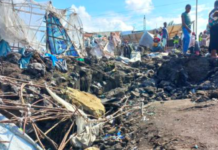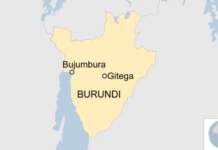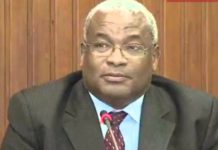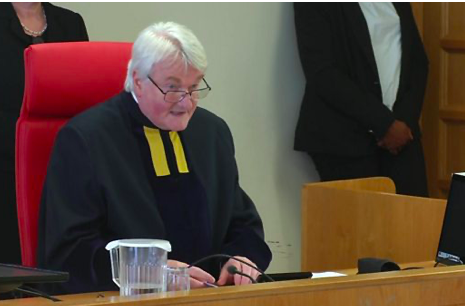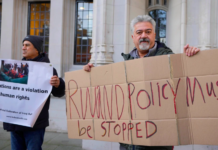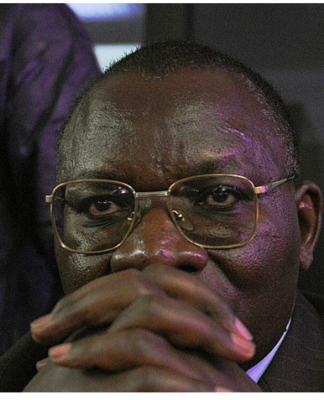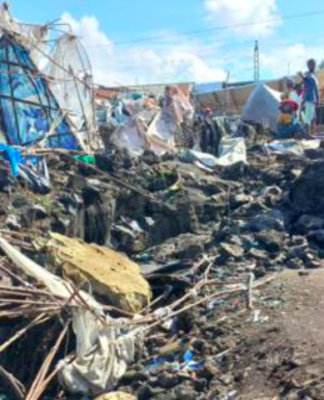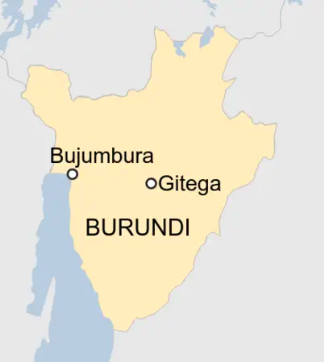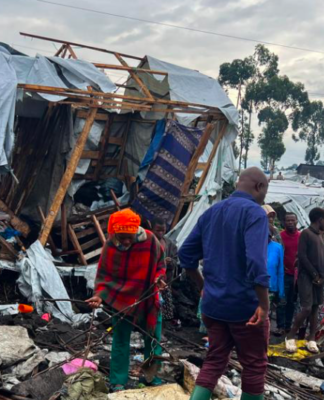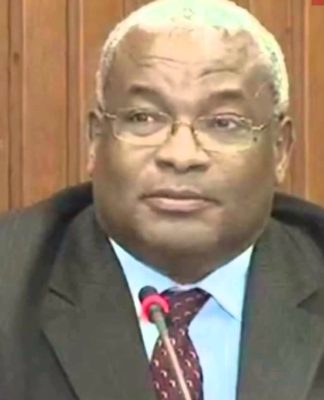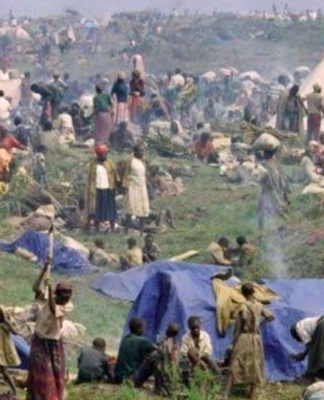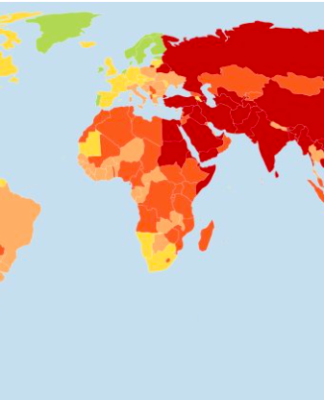Court of Appeal Judges Deem Rwanda Unfit as a Safe Third Country for Asylum Seekers
On June 29, 2023, the Court of Appeal judges delivered a significant ruling that had a far-reaching impact on the UK government’s plans to deport asylum seekers to Rwanda. The judges unanimously ruled that Rwanda could not be considered a safe third country for asylum seekers, potentially putting the government’s deportation policy at risk.
Campaigners Welcome the Ruling After High Court Decision
The ruling was a result of a challenge brought forward by campaigners who disagreed with the government’s approach following a High Court decision in December. This challenge led to a rigorous legal battle over the legality of sending asylum seekers to Rwanda.
UK Government to Challenge the Decision in the Supreme Court
Reacting to the ruling, Chancellor Rishi Sunak expressed his strong disagreement with the court’s conclusions. He stated that the Rwandan government had provided the necessary assurances to ensure the safety of relocated asylum-seekers. The government intends to challenge the decision in the Supreme Court, seeking permission to appeal against the ruling.
Home Secretary Suella Braverman’s Determination to Stick with Rwanda Policy
Home Secretary Suella Braverman expressed her disappointment with the court’s judgment but remains determined to stick with the Rwanda policy. She argued that Rwanda is a safe country, boasting an extensive track record of supporting 100,000 refugees. Braverman highlighted the pressing issue of asylum seekers residing in hotels, costing taxpayers £6 million per day, and asserted that the government needs innovative solutions to halt illegal migration.
UN Agency Urges UK Government to Pursue Alternative Asylum Plans
The UN’s refugee agency, UNHCR, welcomed the court’s judgment and encouraged the UK government to pursue alternative measures, such as cooperation with European neighbors and fair and fast asylum procedures. UNHCR expressed concerns about the “externalization” of asylum obligations, where countries outsource their responsibilities to other nations.
Labour Leader Criticizes Rwanda Plan as a “Gimmick”
Labour leader Sir Keir Starmer described the government’s Rwanda plan as a “headline-grabbing gimmick.” He accused the government of not having a comprehensive plan, spending £140 million on a policy that has not been put into action. Starmer asserted that the court’s judgment highlighted the lack of thorough evaluation of the scheme’s viability.
Rwandan Opposition Politician’s Perspective on Safety and Freedom
Victoire Ingabire Umuhoza, an opposition politician from Rwanda, expressed her satisfaction with the court’s decision, citing examples of mistreatment and persecution of refugees in Rwanda. On the other hand, Yolande Makolo, the spokesperson for the Rwandan government, defended the country’s track record of providing safety and security to refugees.
Potential Implications for the Illegal Migration Bill
Legal experts have raised concerns about the implications of the Court of Appeal’s ruling on the Illegal Migration Bill, which compels the home secretary to remove people who arrive on small boats to a “safe third country.” If no safe third countries are available, the core idea behind the policy may not be implementable.
Political Reactions and Future Steps
Various political parties and figures have reacted to the court’s decision, expressing their support or opposition to the Rwanda policy. The Liberal Democrats called for Home Secretary Suella Braverman to accept reality and scrap the plan, while Labour asserted that one of Prime Minister Rishi Sunak’s key pledges, to stop small boat crossings, is completely unraveling.
The Future of the Deportation Policy and Asylum Seekers’ Rights
The court’s ruling has created uncertainty regarding the future of the UK government’s deportation policy and the rights of asylum seekers. The government’s plan to deport asylum seekers to Rwanda has faced significant opposition, with concerns raised about the safety and fairness of such a process.
The Supreme Court’s decision on whether to grant permission for the government to appeal the ruling will be a crucial factor in determining the next steps. If permission is granted, the case will proceed to the highest court in the UK, where a final judgment will be made.
In the meantime, advocacy groups and human rights organizations will likely continue to challenge the deportation policy, highlighting the importance of upholding the rights of asylum seekers and ensuring their safety. The court’s ruling will undoubtedly influence future debates and discussions around the treatment of asylum seekers and the UK’s obligations under international refugee law.
The government may be compelled to explore alternative options for managing the asylum process, including strengthening cooperation with other countries, implementing fair and efficient asylum procedures, and providing adequate support to those seeking refuge. The role of international organizations, such as the UNHCR, will remain crucial in providing guidance and support in these matters.
Ultimately, the resolution of this case and the government’s response will have broader implications for immigration and asylum policies in the UK. It will shape the narrative around the country’s approach to refugee protection and the balance between border control and humanitarian obligations.


